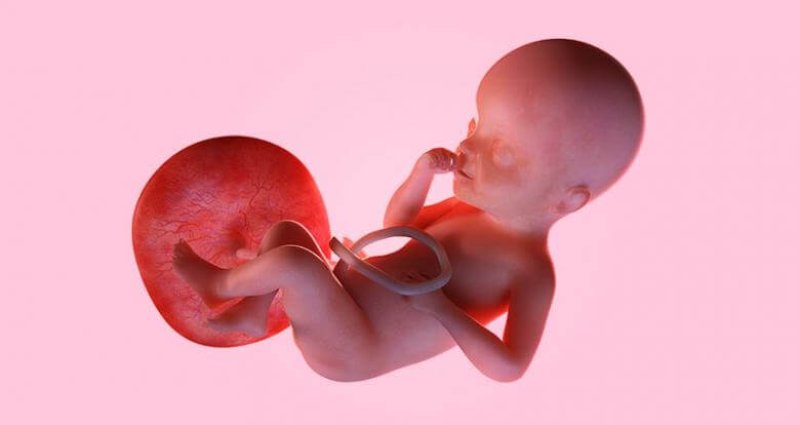Activation of a mother’s immune system during pregnancy can increase the risk of autism in her child. New clues to the link could come from studying the placenta and the place in the womb where it resides.
…
Some groups have already uncovered hints about how maternal immune activation might disrupt fetal brain development. For instance, even mild immune activation in mid-pregnancy can alter the mouse placenta, depriving the fetus of oxygen and stunting the growth of neuronal precursors in the fetal brain. The timing of the immune activation matters: The placenta appears to be more resilient later in gestation.
…
To fully decipher the link between a pregnant woman’s immune activity and autism, researchers need to look at all aspects of the maternal immune system. For instance, my own work suggests that some women are genetically predisposed through loss of immune regulation to produce antibodies that recognize proteins in the developing brain. These ‘autoantibodies’ recognize the same proteins in the mother; they can cross the placenta during pregnancy and bind to and harm the fetal brain. This genetic predisposition may partly explain why autism only sometimes follows a maternal infection.
Read full, original post: What the placenta could reveal about autism































